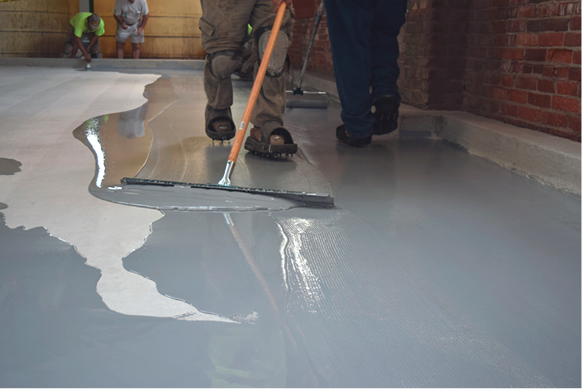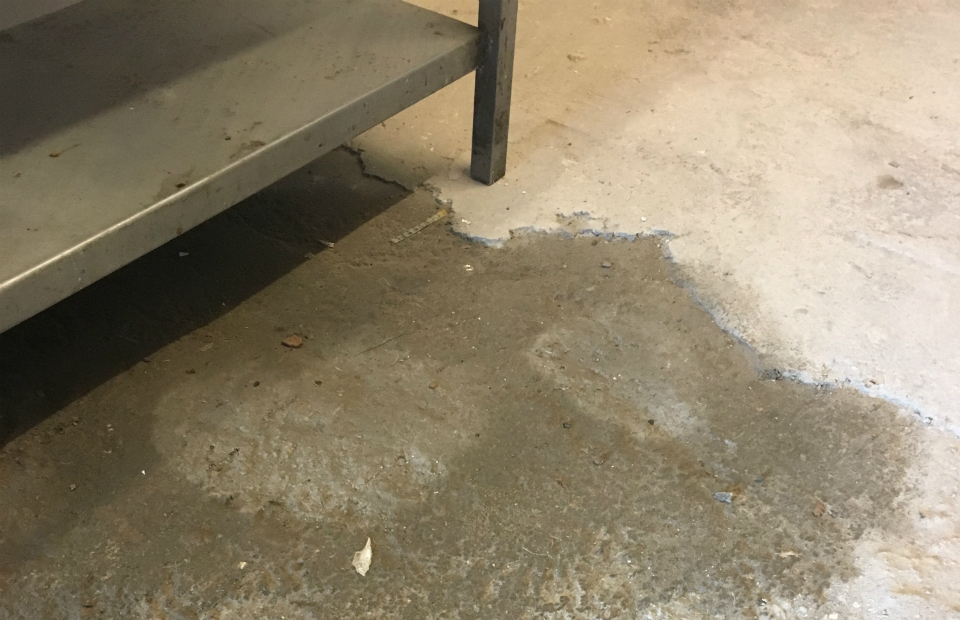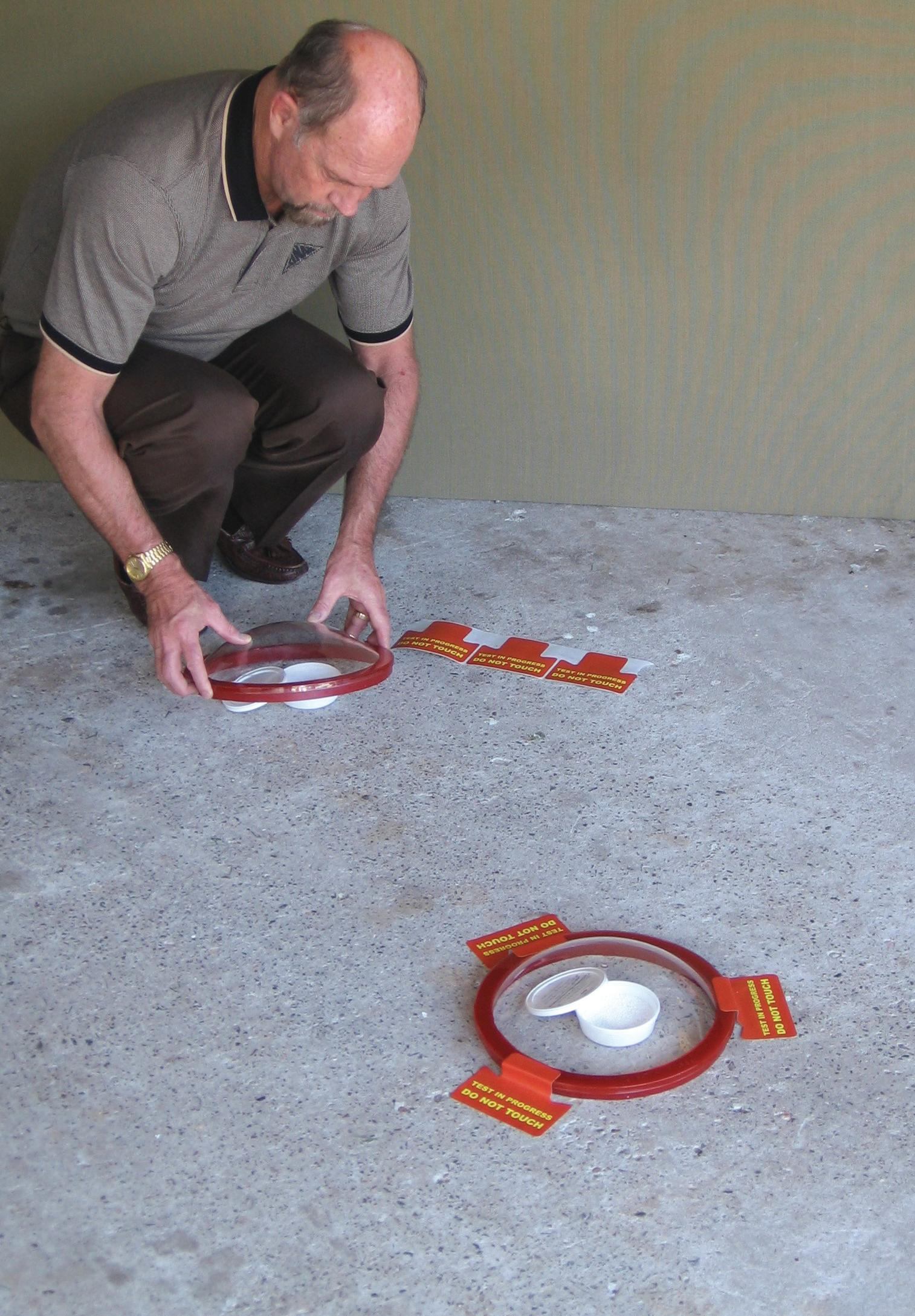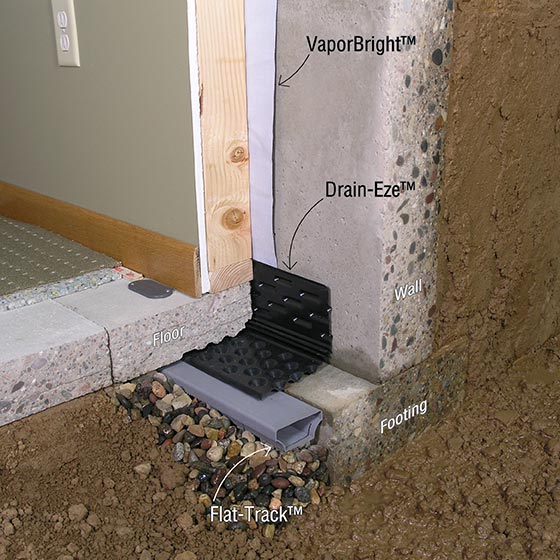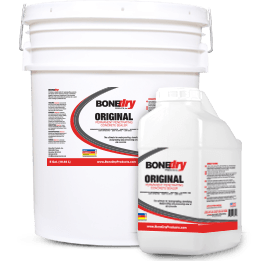Concrete floors are a staple in modern construction, renowned for their durability and functionality. However, beneath their solid appearance lies a vulnerability to moisture that can lead to various issues such as cracking, mold growth, and structural damage. In this comprehensive guide, we will delve into the art of sealing concrete floors to safeguard them from the perils of moisture infiltration. From understanding the various types of sealers to mastering the step-by-step application process, this article equips you with the knowledge needed to preserve the integrity of your concrete surfaces.
Understanding Moisture in Concrete Floors: The Hidden Foe
Before we embark on the journey of sealing, let’s unravel the intricate dance between concrete and moisture. Concrete, despite its robust façade, is porous by nature. This porosity becomes a gateway through which moisture sneaks in, whether it’s from groundwater, relentless rain, humidity, or those sneaky plumbing leaks. Understanding these sources is paramount to crafting an effective sealing strategy, fortifying your floor against moisture-related challenges.
Types of Concrete Sealers: Choosing Your Shield
Penetrating Sealers: Think of these as the stealth operatives of the sealing world. They seep into the concrete’s pores and chemically react to form a barrier against moisture intrusion. Perfect for surfaces requiring breathability, like driveways and walkways, penetrating sealers offer long-lasting protection while allowing the concrete to “breathe.”
Acrylic Sealers: These versatile artists can create a protective film on the concrete’s surface. Ideal for indoor and outdoor applications, acrylic sealers come in various finishes and bring a dose of aesthetic appeal while shielding your concrete from moisture’s advances.
Epoxy Sealers: When the battlefield demands protection and resilience, epoxy sealers rise to the challenge. Their chemical resistance and unyielding durability make them suitable for garages, warehouses, and industrial spaces. Be prepared to follow specific application protocols for maximum effectiveness.
Polyurethane Sealers: If a glossy sheen is your goal, then polyurethane sealers are your allies. Perfect for interior floors, these sealers form a robust shield that can endure foot traffic, spills, and even UV rays, making them a prime choice for residential and commercial spaces.
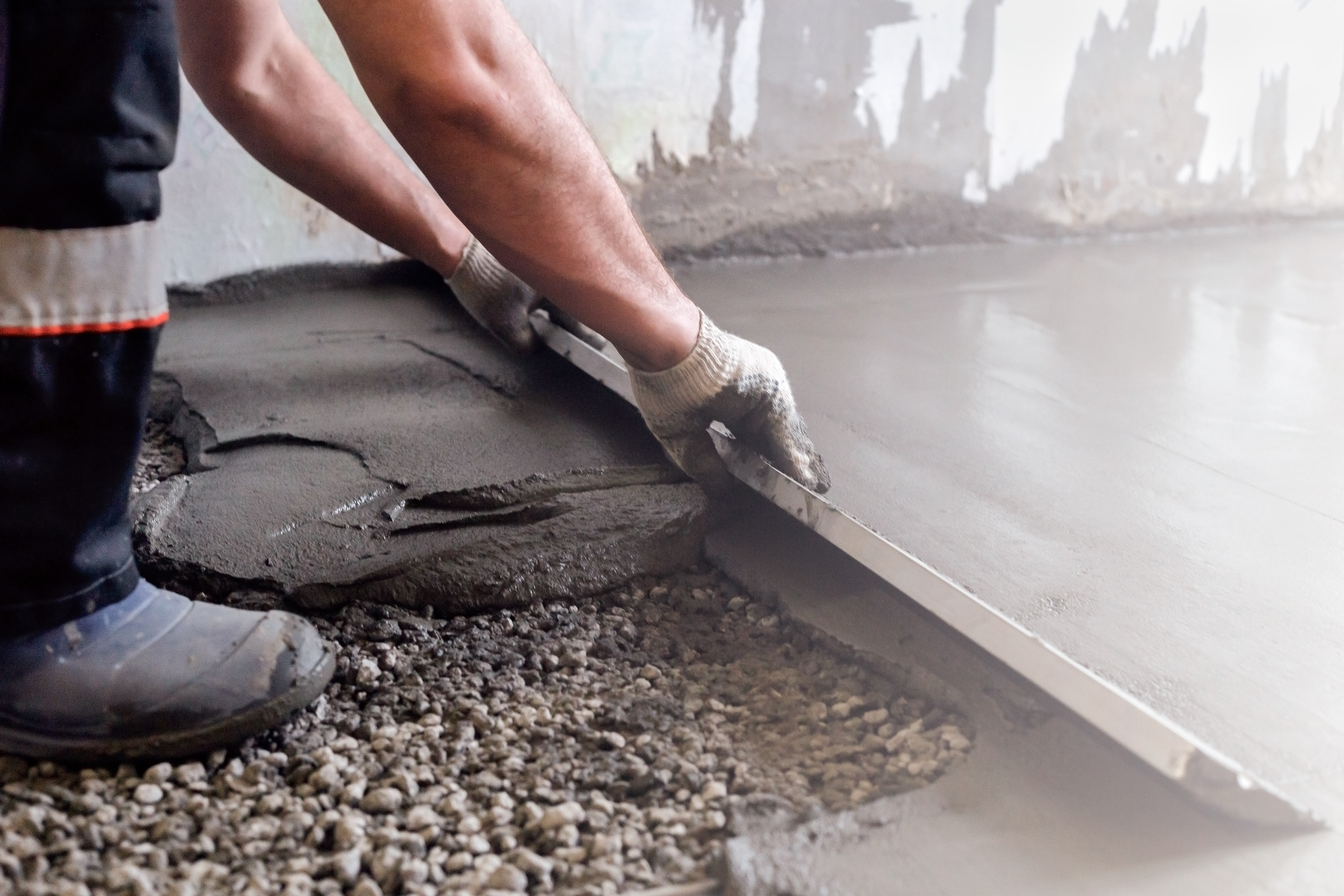
Preparing the Concrete Surface: Laying the Foundation
The surface must be prepped adequately to ensure your sealant adheres like a steadfast friend. Begin by thoroughly cleaning your floor, scrubbing away dirt, oil, and other contaminants. Power washing and effective scrubbing techniques will leave your concrete primed and ready. Don’t forget the cracks and imperfections—filling those in and smoothing rough spots sets the stage for a seamless sealing process.
Step-by-Step Guide to Sealing Concrete Floors
- Gathering Tools and Materials: Every warrior needs an arsenal. Collect the chosen sealer, appropriate tools, and safety gear. Remember, proper preparation is the foundation of success.
- Surface Temperature and Weather Considerations: The elements can influence the sealing process. Optimal temperature and weather conditions ensure your sealant bonds effectively.
- Applying the Chosen Sealer: The application process varies depending on the sealer type. For penetrating sealers, the focus is on absorption. Acrylic, epoxy, and polyurethane sealers require even and careful application, paying heed to coverage for consistent protection.
- Achieving Even Coverage: Uneven application can lead to inconsistent protection. Whether rolling, brushing, or spraying, ensure you cover the surface uniformly.
- Drying and Curing Times: Patience is key. Let the sealant dry and cure according to manufacturer guidelines. Rushing this step can compromise the sealant’s effectiveness.
- Applying Additional Coats: Some sealers may require multiple coats for optimal results. Follow instructions on reapplication intervals to maximize your floor’s protection.
Maintenance and Longevity
Sealing your concrete floor isn’t a one-and-done affair—it requires maintenance to keep it in optimal condition. Regular cleaning practices, using appropriate agents and techniques, will help extend the life of your sealed concrete. Over time, you might notice signs of wear, like fading or reduced water resistance. When this occurs, it’s time to consider resealing. Stay attentive to these signs; your concrete floor will thank you for its enduring beauty.
Troubleshooting and Common Issues
Despite your best efforts, challenges might arise. Bubbling or peeling of the sealer, white spots known as efflorescence, and uneven appearances are common issues. Don’t fret; I’ll guide you through troubleshooting each problem and suggest effective solutions. Whether it’s addressing moisture trapped beneath the sealer or tackling those pesky white spots, we’ve got you covered.
Professional vs. DIY Sealing
Whether to hire professionals or embark on a DIY sealing adventure often arises. Professionals bring expertise and experience, ensuring a job well done. However, DIY sealing can be gratifying if you’re up for the challenge. Just remember to prioritize safety and take protective measures while working with sealers.
Sealing your concrete floor from moisture is more than a task—it’s an investment in your space’s longevity and aesthetic appeal. By understanding moisture sources, choosing the right sealer, and following our step-by-step guide, you’re arming yourself against the relentless onslaught of moisture damage. So, whether it’s a garage, a basement, or a commercial space, take action now, and let your sealed concrete floor shine for years to come.
How to Damp Proof Concrete Floors Permagard
How to Seal Basement Concrete Floor
How to Moisture Test Concrete Floors Concrete Construction Magazine
Underslab Retrofits: Sealing Slabs WATERPROOF! Magazine
TEC product: LiquiDam EZ moisture vapor barrier
Bone Dry Original
How to Seal Concrete Before Installing Carpet u003e Articles
How to Stop Moisture in Concrete Floor? – The Constructor
Damp Proof Your Basement With Concrete Floor Sealer
Related Posts:
- DIY Stained Concrete Floors In Homes
- Concrete Floors Look Like Marble
- Concrete Floor Slab Mix Ratio
- Dark Brown Concrete Floor Paint
- Pretty Concrete Floors
- Stained Concrete Floors For Homes
- Decorative Concrete Floor Ideas
- Pouring A Concrete Floor In A Garage
- How To Get Smooth Concrete Floor
- Epoxy Coating On Concrete Floor
